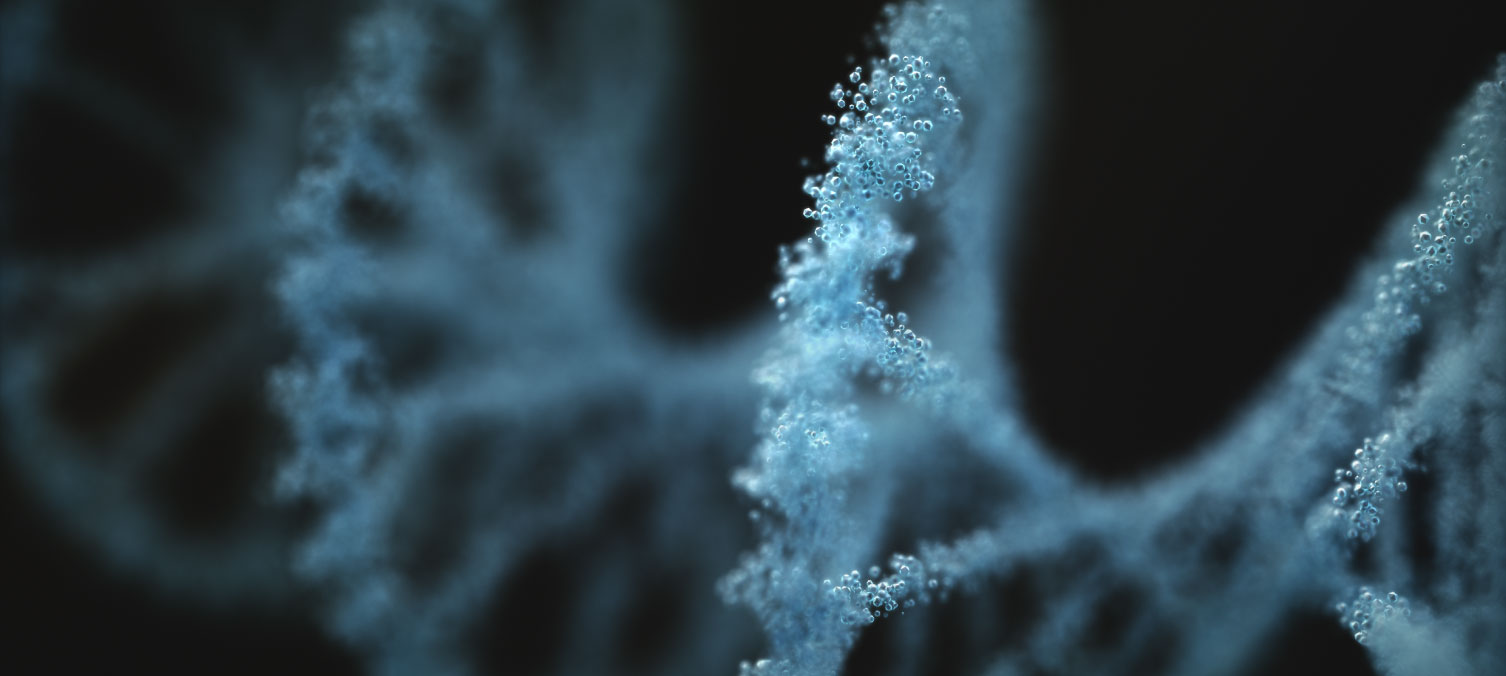Short-chain fatty acids (SCFAs) are produced by the fermentation of dietary fiber and resistant starch by specific colonic anaerobes. They mainly include acetic acid, propionic acid, butyric acid, valeric acid, isobutyric acid, iso-valeric acid and caproic acid.
SCFAs have been found to be important substances involved in regulating the body's life activities and metabolism. SCFAs have the functions of regulating the intestinal, nerve, endocrine and blood system, providing energy and regulating electrolytes for the body, improving the intestinal epithelial barrier function, antibacterial, anti-inflammatory and anti-tumor, stimulating hormone secretion, regulating blood pressure and other physiological functions. SCFAs also play a direct or indirect role in metabolic diseases (e.g., obesity, diabetes), intestinal diseases (e.g., inflammatory bowel disease, colorectal cancer), and psychiatric diseases (Alzheimer's disease, Parkinson's disease, autism).
Short-chain fatty acid (SCFA)-receptor-mediated pathways (Li et al., 2017)
SCFAs have the characteristics of high polarity and strong volatility, making it difficult to detect. The complexity of feces and other matrices also increases the difficulty of sample preparation. CD Genomics has developed fast and efficient pre-processing methods and analysis methods with high sensitivity and good selectivity, which can provide you with microbial short-chain fatty acid analysis services.
What We Can Provide
- Qualitative and quantitative analysis of microbial short chain fatty acids
- Community analysis of microorganisms as a whole. Identify the dominant flora and the communities that play a key role
- Analysis of strains and strain levels. Research to explore which bacteria play a major role in the main flora. Microscopic microbial identification and discovery of new species.
| Analyzable short-chain fatty acids include but are not limited to | ||||
| Acetic acid | Propionic acid | Butyric acid | Isobutyric acid | Valeric acid |
| 2-methylbutyric acid | Isovaleric acid | Caproic acid | Isocaproic acid | 3-methylvaleric acid |
| 2-methylvaleric acid | 3-hydroxyisovaleric acid | Lactic acid | Malonate | Succinic acid |
| Glutaric acid | ||||
Workflow of Microbial Short-Chain Fatty Acid Analysis
1. Sample pretreatment
Organic solvent extraction method, supercritical extraction technology and atmospheric/vacuum steam distillation method
2. SCFAs derivatization method
Derivatization is mainly to convert substances that are difficult to analyze and detect into stable and easy-to-analyze substances. Pre-column derivatization is often required in the detection of SFCAs, mainly by increasing the chromophore in the structure to improve the response of UV detectors, or by reducing its volatility to avoid the loss of SCFAs during the analysis process, so that the measurement results are more accurate.
3. Analysis platform
- Gas chromatography–mass spectrometry (GC-MS)
- High performance liquid chromatography-UV detector method (HPLC-UVD)
- High performance capillary electrophoresis (HPCE): Compared with GC and HPLC, HPCE has the advantages of quickness, simplicity, less sample volume and mild reaction conditions, and is suitable for routine analysis of SCFAs.
Sample Requirements
- Blood ≥100 µL
- Tissue ≥50 mg
- Fresh stool ≥50 mg
- Freeze-dried stool ≥5 mg
- Cell ≥1*107
CD Genomics has rich experience in fatty acid analysis and can provide you with high-quality services and detailed analysis reports. If you have other lipid or metabolomics analysis related needs, you can also contact us, we are happy to help you.
Reference
1. Li, X., Watanabe, K., & Kimura, I. (2017). Gut microbiota dysbiosis drives and implies novel therapeutic strategies for diabetes mellitus and related metabolic diseases. Frontiers in immunology, 8, 1882.
*For Research Use Only. Not for use in diagnostic procedures.


